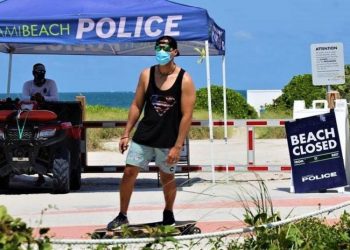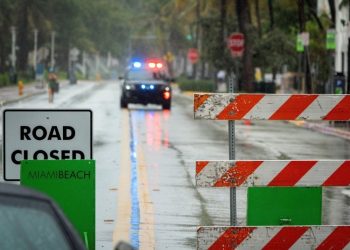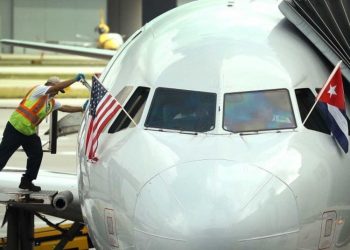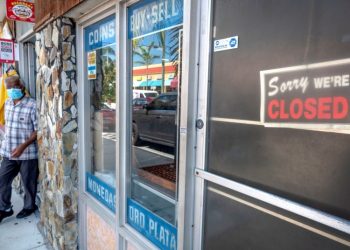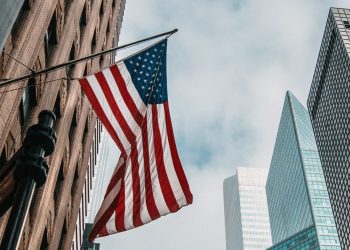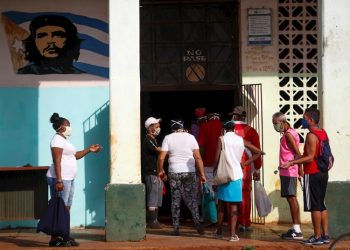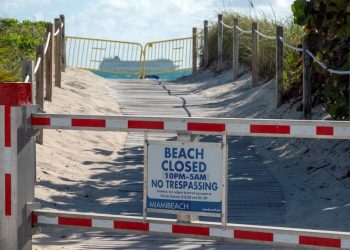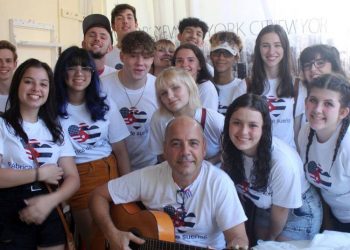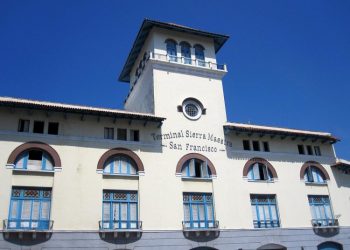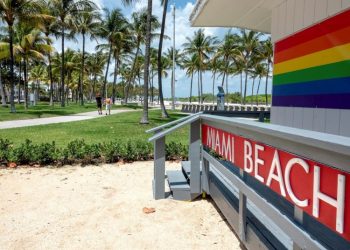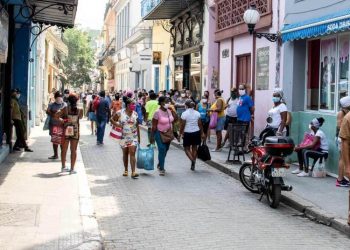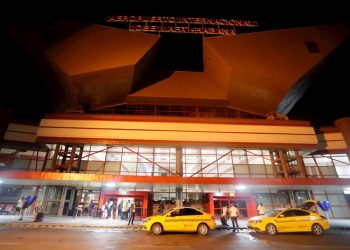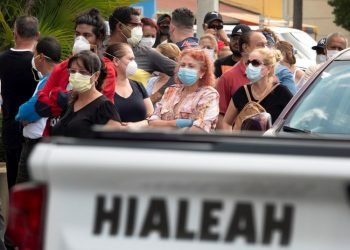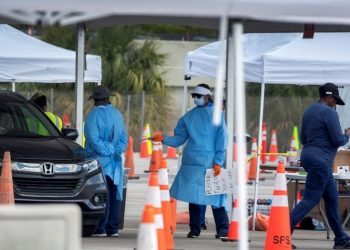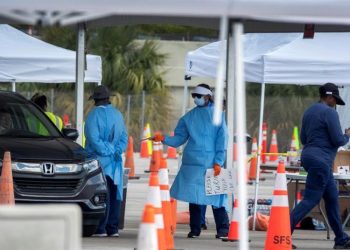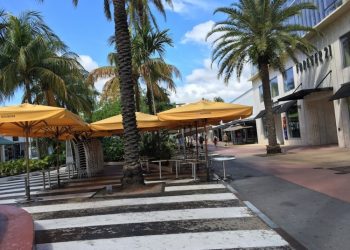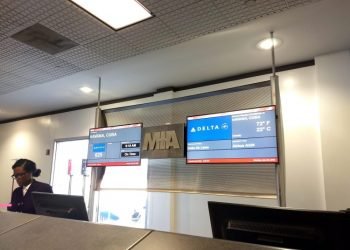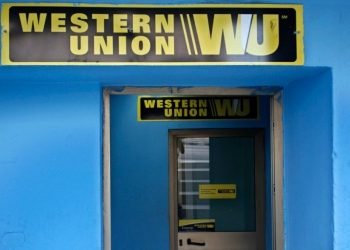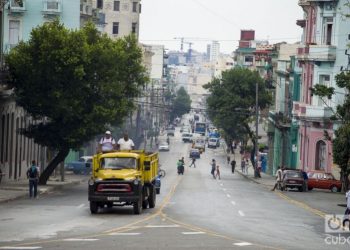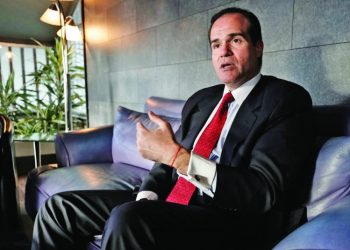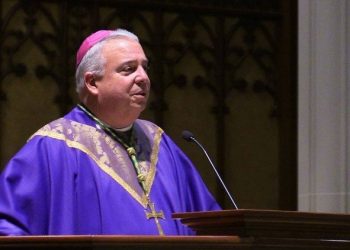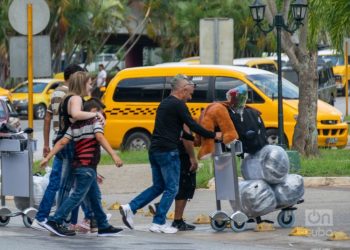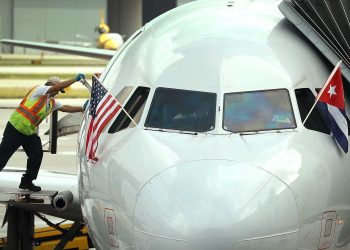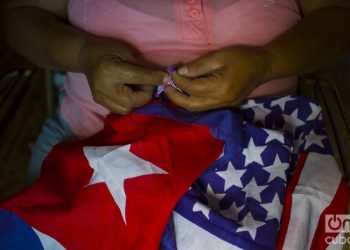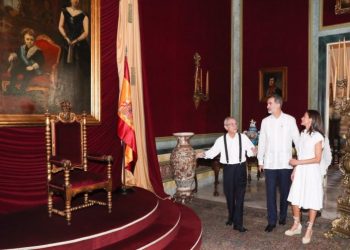South Florida reopens almost entirely and starts resumption of economic activity
South Florida, which includes Miami-Dade and Broward counties, among others, finished opening its commercial operations this Thursday despite the fact that there is no way to lower the COVID-19 pandemic expansion spiral and its victims. The Florida Department of Health reported that there are 53,285 infected cases and 2,364 deaths; that is, an increase of 51 positive cases and 45 deaths since yesterday. In Miami-Dade County there are 17,396 positive cases with 669 deaths. This means that in the last 24 hours in South Florida, 228 positive cases were discovered and 36 patients died. Even so, restaurants, cafes, general stores and bars reopened this Thursday. All this with some restrictions on the number of available spaces. In Miami-Dade there are some discrepancies in the way of reopening activities within the 34 cities that make up that metropolitan area. In Miami Beach, the number of places available in restaurants is restricted to 50%. Mayor Dan Gelber has decided to partially close Ocean Drive, parallel to the beach, and Washington Avenue, to allow food establishments to expand outward to accommodate more customers. Meanwhile, the reopening of beaches and hotels is postponed until June 1, with key restrictions: maintaining the stipulated physical distance...

